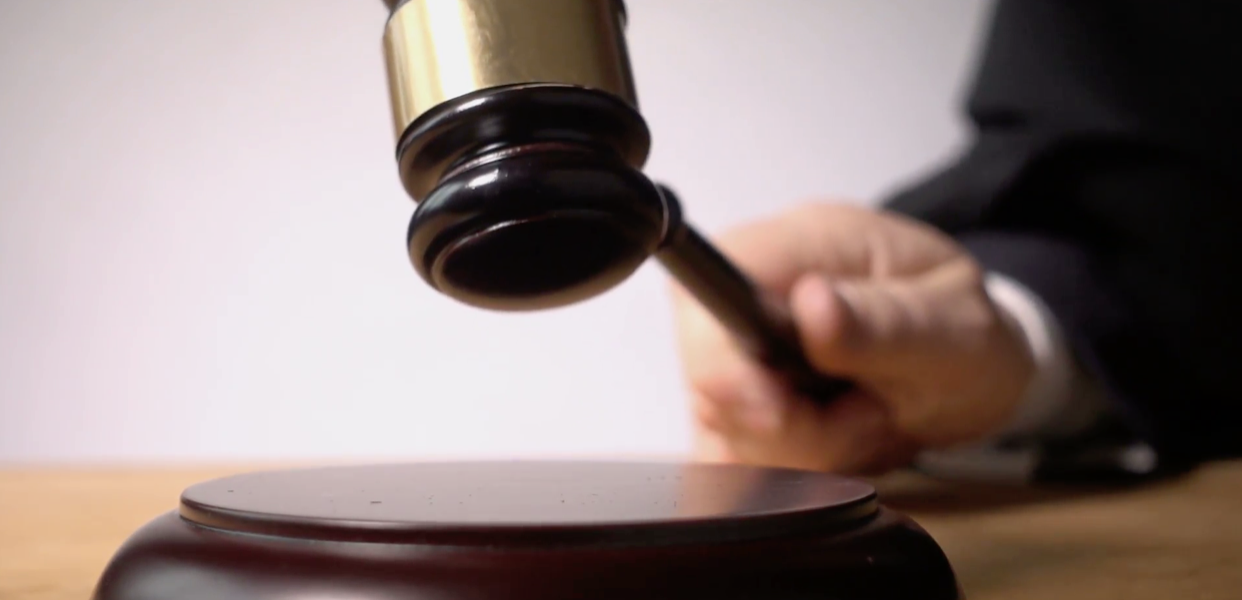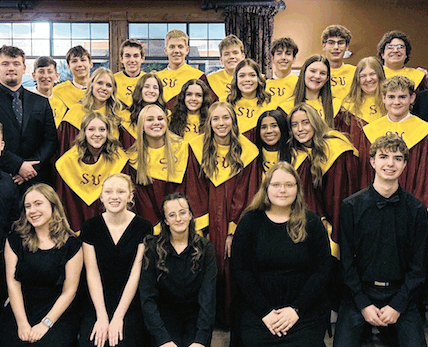By Shane Sanderson, Casper Star-Tribune
Via- Wyoming News Exchange
CASPER — Wyoming lawmakers are weighing legislative action to help resolve a shortage of public defenders that has forced judges to call on private attorneys. Meanwhile, lawyers have begun outlining arguments before the state’s highest court that could at least partially determine the issue.
The Judiciary Committee decided last week to consider eliminating jail penalties for certain traffic offenses and to research penning a law that more clearly guides public defender appointments. The actions came in response to what the State Public Defender Diane Lozano earlier this summer referred to as a crisis in availability of lawyers in her office.
In Natrona and Campbell Counties, Lozano’s offices stopped taking appointments on misdemeanor cases, citing workloads that Lozano said conflicted with lawyers’ ability to effectively represent their clients. Her decision led a judge to hold her in contempt of court, and last week lawyers representing the public defender filed their arguments in the case, which could impact the method of future public defender appointments.
The Natrona County office has been taking misdemeanor cases again since the first of the month. Although a sudden exodus at the start of the year led to deep understaffing in Casper, the office is again at full strength. In Campbell County, Lozano said, attorneys should begin taking some misdemeanor cases again on Sept. 1. The office there, however, is still understaffed, and an upcoming retirement means the Campbell County office needs two more lawyers.
It is in Campbell County that Circuit Court Judge Paul Phillips held Lozano in contempt after she declined to take misdemeanor cases. The judge order Lozano pay $1,500 a day until lawyers from Lozano’s office agree to represent clients in two cases before Phillips. The judge stayed his order, and Lozano appealed to the Wyoming Supreme Court, where the Attorney General’s Office last week filed an outline of its arguments in the case.
In addition to arguing the judge did not — as a result of procedure — have the authority to hold Lozano in contempt and did not follow process required to impose a fine, the state’s lawyers argue Judge Paul Phillips misinterpreted law governing Lozano’s responsibilities. In asking the state’s highest court to rule on the issue, government lawyers indicate the court’s decision would clarify the law governing legal appointment for indigent criminal defendants.
“This question involves an issue of great public importance,” the filing states. “(It) is necessary to decide the issue to provide guidance to the State Public Defender and the lower courts.”
The filing, signed by Attorney General Bridget Hill and Deputy Attorney General Michael McGrady, states that Phillips did not apply a portion of law calling for a judge to appoint private lawyers when a public defender is unavailable. The law, read appropriately, states that defendants eligible for a court-appointed attorney should be assigned an attorney from the public defender’s office, unless none is available, the lawyers argue. When no public defender is available, a judge should then appoint a different lawyer, the filing argues.
By requiring an overworked public defender to represent an indigent person, the judge did not consider that such an automatic appointment could violate a defendant’s Sixth Amendment right to competent representation, the state lawyers argue. Attorneys, when overburdened, might no longer be able to provide competent work. If a lawyer is required to work a case where they know they cannot meet the Sixth Amendment standard, they will be forced to violate a state rule, the AG’s office argues.
The three private lawyers representing Phillips and the Campbell County courts will have until Sept. 26 to reply.
On Friday, Lozano told legislators that the Casper office assigned out 57 misdemeanor cases to a list of volunteer private attorneys who are being paid by the state. Although the public defender is again taking misdemeanors in Natrona County, private lawyers handling cases already assigned will continue to do so.
The public defender did not indicate how many misdemeanors her Campbell County office would take come September, but so far the office has assigned out about 120 cases.
Following Lozano’s statement and brief questioning from lawmakers, Rep. Art Washut, R-Natrona County, floated the reintroduction of a bill from last year that would eliminate from certain traffic laws potential prison penalties that are rarely imposed. Without such penalties, the Eighth Amendment would not require that the state provide a defendant with a lawyer.
Lozano, in response to a question from Sen. Tara Nethercott, R-Laramie County, said Washut’s proposal made sense.
“I think it’s a great idea,” Lozano said. “I think we should draw some fine lines in the sand and I think this is a great place to start.”
Legislators then turned to consideration of specific benchmarks that would determine appointment of a public defender. Wyoming, unlike other states referenced by lawmakers, does not set out a specific income amount that calls for public defender appointment, in contrast to a set of states investigated by legislative staff.
Rep. Clark Stith, R-Sweetwater County, asked staff to draft a bill reliant on Nebraska law that incorporates federal poverty guidelines into a judge’s appointment decision.
Nethercott then asked Rep. Sara Burlingame, D-Laramie County, and Rep. Charles Pelkey, D-Albany County, to join Stith, Circuit Court Judge Brian Christensen and the public defender’s office on a working group to consider the issue.







